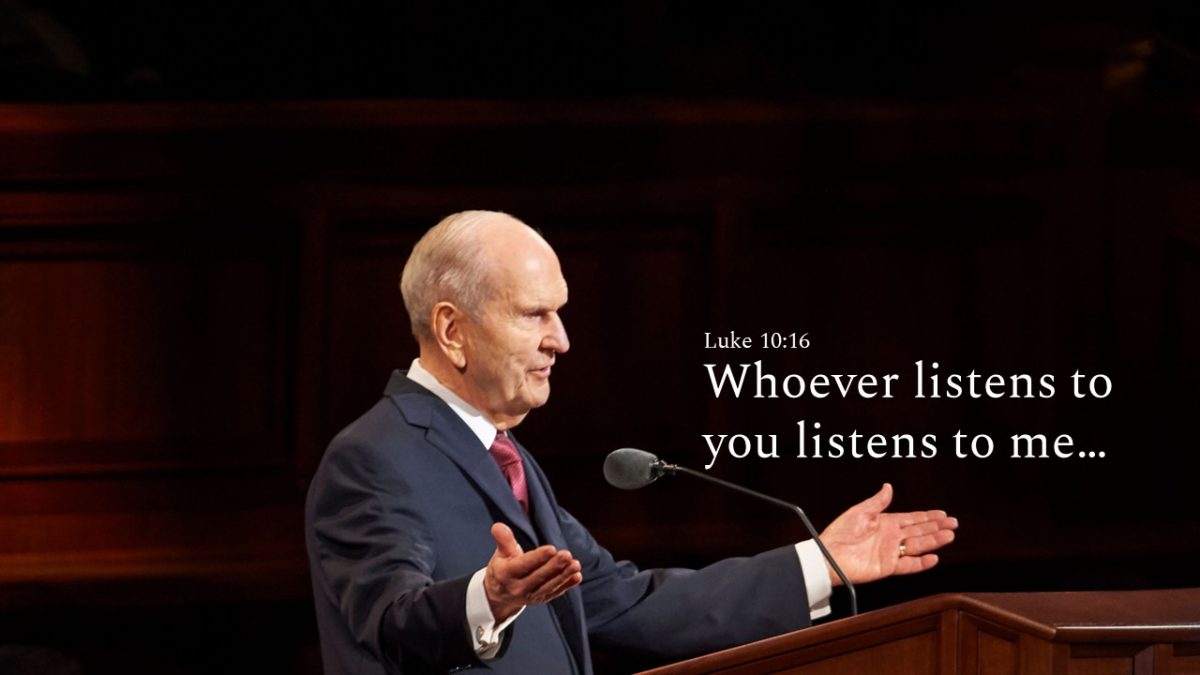Jesus answered him, Truly, truly, I say to you, if a person is not born from on high, that person is not able to see the kingdom of God.
(John 3:3)
Sedevacantism “seat-empty-ism” is a term commonly used to describe Catholics who think the pope is illegitimate because he is apostate, lacking authority, a wolf in sheep’s clothing, etc. In Catholicism, there has long been a rift over Vatican II, where the Catholic church convened a huge council in 1962-1965 and implemented a set of reforms that included no longer doing the mass in Latin. Remember that one of the core elements of fundamentalism is an idea that things were ideal in the past, and we need to return to some past way of doing things, because back then the faith was more pure or whatever. So fundamentalist Catholics typically reject Vatican II and to the extent they still participate in the Roman Catholic church, they constantly clash with popes and other authorities who maintain the reforms of Vatican II.
Continue reading “Beware of Sedevacantism in the Church”
